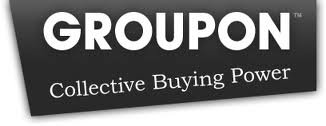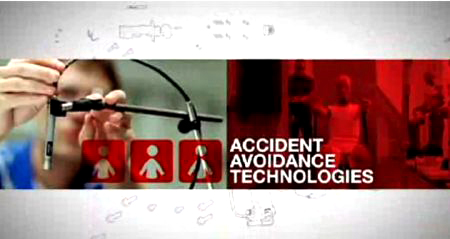This morning I met for coffee a friend whose website I’m writing. It’s a pretty casual shop that opens at 7am; the owner was still getting everything together at 7:05am. Part of the process: firing up the music.
“I can’t think of it … what’s the radio on the internet?” she asked. “Pandora,” I immediately replied without thinking twice. “Yeah, that’s it,” she said, adding “I like Slacker, too. It’s deeper.”
Pandora’s built from the Music Genome Project, which started in 1999. In its current form with which you’re probably familiar, the website itself started in mid-2006. In less than 5 years, then, “Pandora” has come to mean “radio on the internet” on a fraction of a moment’s thought. I don’t even use Pandora and the connection is instantaneous. That’s an important and impressive achievement.
If Pandora’s growing by anything but word of mouth, social networking and maybe some online banners, I”m not aware of it. I’ve never seen an ad for it in any form.
Meanwhile, “the fastest growing company ever” is now “experimenting with what’s now typically referred to as traditional advertising – TV, print, radio, outdoor billboards – to maintain momentum.” The former quote comes from a Summer 2010 story in Forbes; the latter comes from this week’s Ad Age. Both are about everyone’s darling, Groupon, the company that can say no to Google and its $6,000,000,000.

Groupon and Traditional Advertising: Is that what it takes to be a premiere brand, a true household name?
Written by Rupal Parekh, the Ad Age piece is built on the fact that Groupon tried to buy Super Bowl ads, but settled for title sponsorship of the Super Bowl pre-game show because the in-game inventory has been sold out for months (at $2.8-3M per :30). It goes on to detail their engagement with Crispin Porter + Bogusky for creative and talks with cable networks about their new agency Starcom. It seems like they’re embracing establishment in hopes of becoming a premiere brand.
Attention traditional media: put Groupon on your “new client that’s ripe for courting” list.
Neither LivingSocial, Groupon’s chief competitor, nor Facebook, which has 50% more users at 600M than Groupon at 400M, has spent any serious cash on traditional media. Apple, on the other hand, can’t be avoided if you watch an hour of prime time network television. Google falls somewhere in between, but much closer to LivingSocial and Facebook. Microsoft also falls somewhere in between, but much closer to Apple.
It’s worth noting that Pandora passed the 400M user mark more than a year ago, a mark Groupon hit at a much faster pace, achieving it in 2010.
Questions for You
Is the Super Bowl a smart play for Groupon?
Is traditional advertising still a basic requirement for a brand to become top-tier, to become a true household name? Do the spend and presence add credibility to a brand?
Does Groupon need an agency, a creative shop and traditional media? If so, why? If not, how might tens of millions of dollars be better spent?
I’d really like to hear what you think – please leave a comment below.
